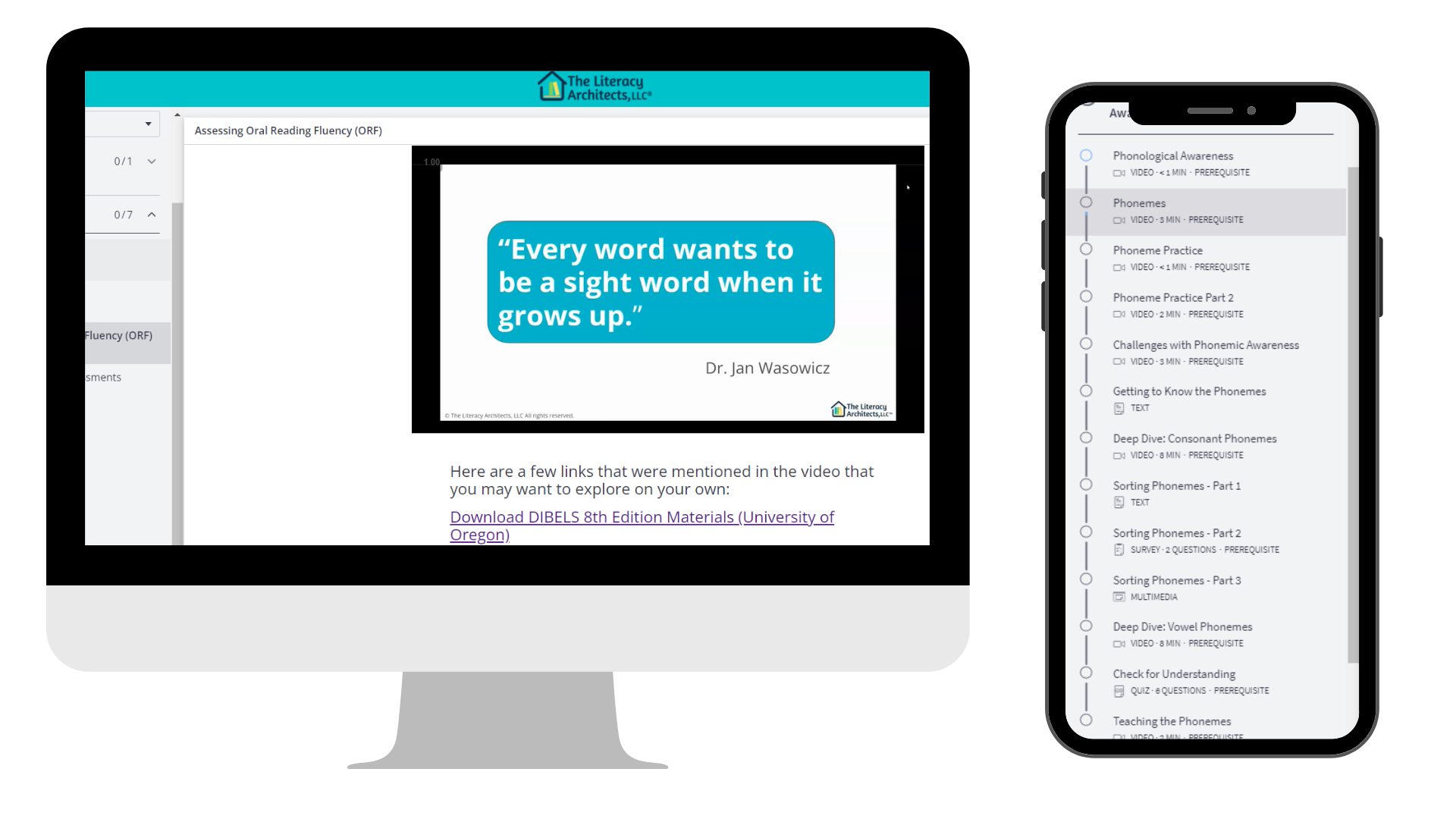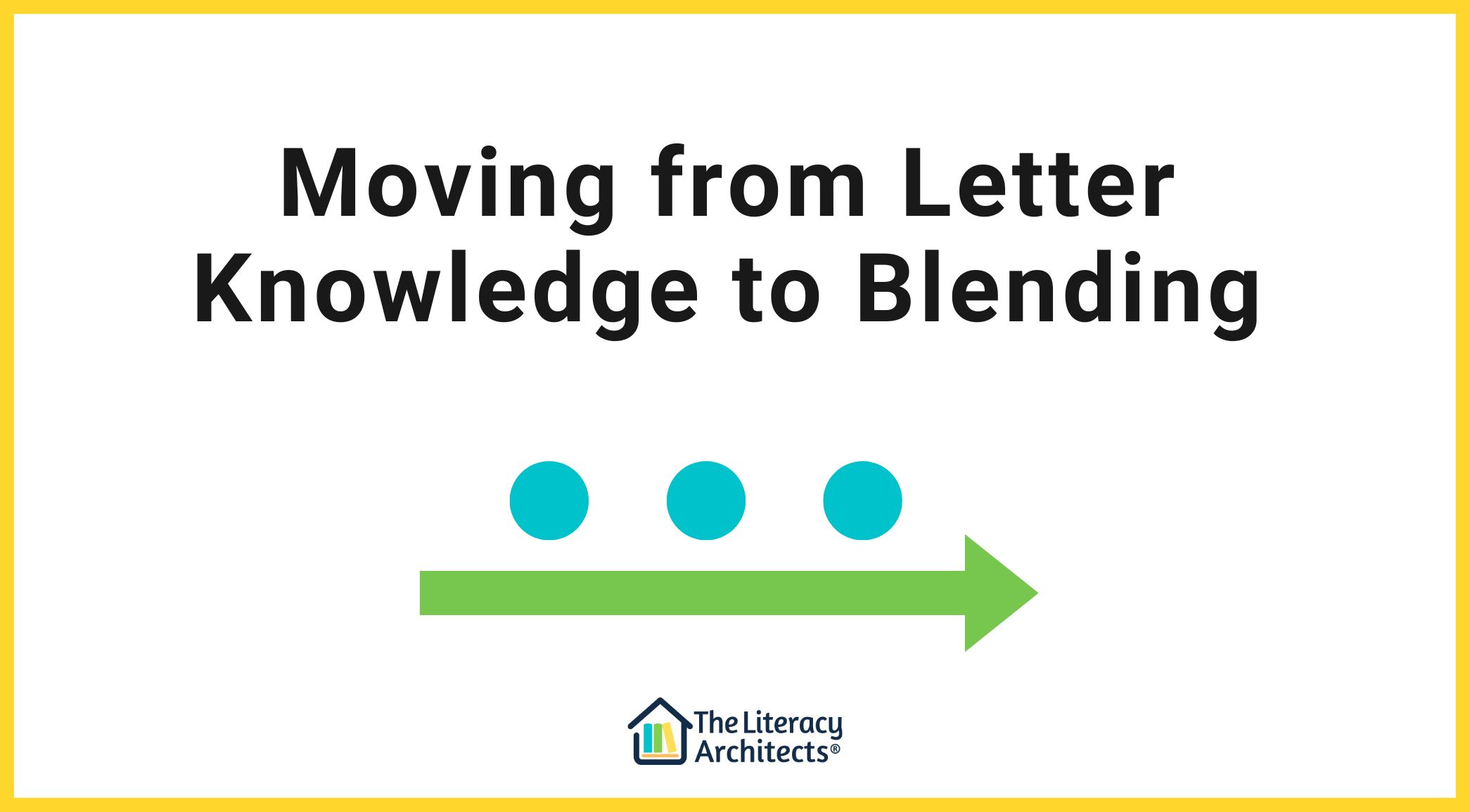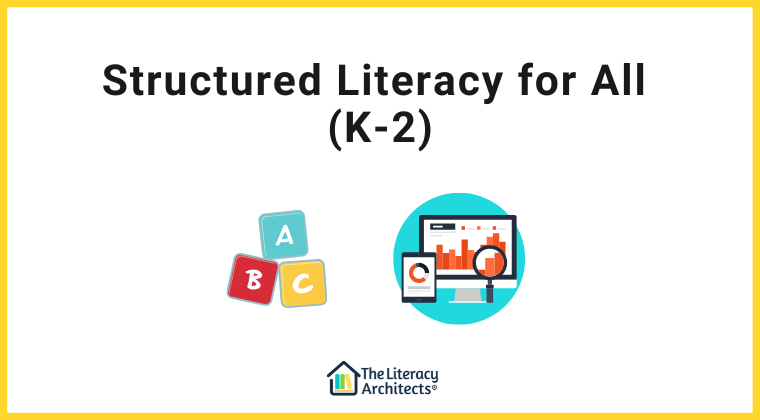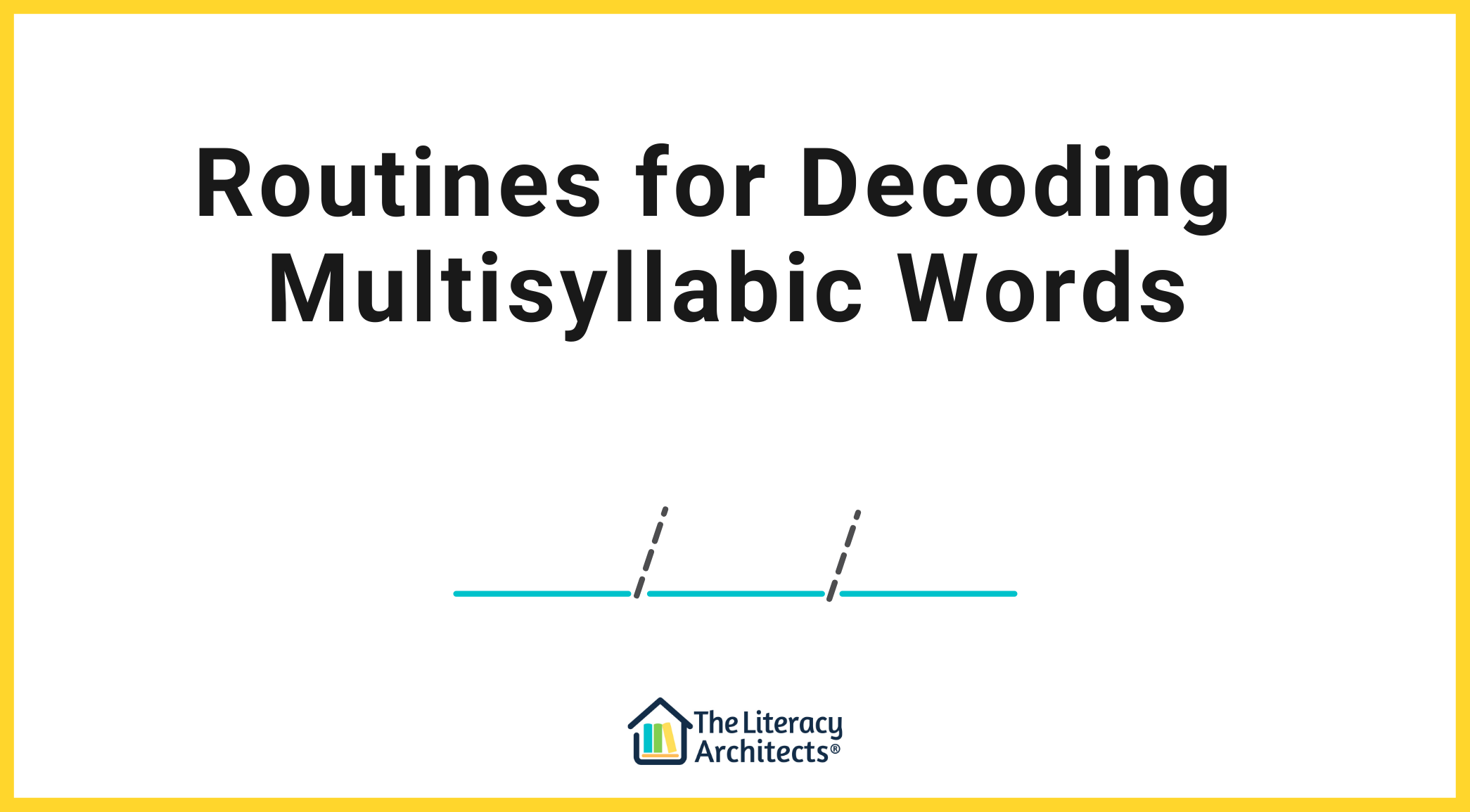What if you could provide your teachers with the exact literacy professional development they need – so you could see a substantial change in your students’ reading and writing success?
Introducing:
Literacy Masterminds
Finally, a PD solution that aligns with the research on adult learning.
Our flipped approach to professional development uses a mix of weekly PLC meetings and asynchronous learning to provide teachers with the time and space to:
learn,
adapt strategies to their classroom,
collaborate with grade-level peers,
and work towards full implementation of literacy routines that align with the science of reading.

Our PD provides an engaging and effective alternative to
one-stop, sit-and-get PD to help teachers incorporate
evidence-based instructional routines into their daily instruction.
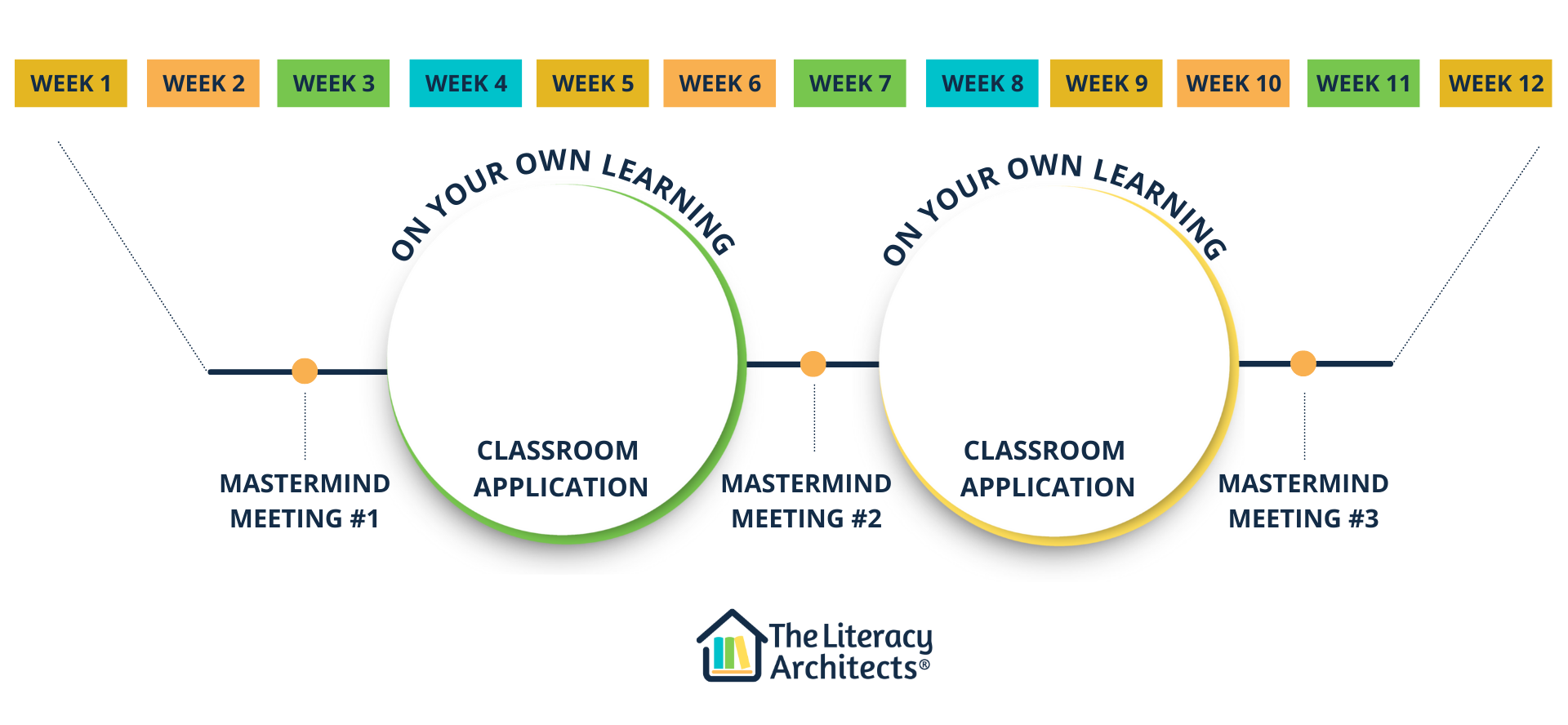
Synchronous
In a group, teachers participate in weekly live Zoom calls with the course instructors and are given access to step-by-step implementation plans so that key literacy routines are fully integrated into their class curriculum.
Asynchronous
On their own, teachers log onto our platform weekly to watch short and engaging PD videos that are digestible, manageable, and only teach the most recent strategies and relevant sources of information.
They’ll also complete readings, participate in discussions, and receive assignments that include planning lessons and trying strategies with students.
We break down high-impact literacy routines into bite-sized steps to try each week, leading to full implementation of:
*A five-part structured literacy lesson (grades K-2)
*A multi-day fluency routine for whole class, partner, and independent time (grades 3-12)
*A five-step advanced decoding routine for multisyllabic words (grades 3-12)
See what teachers are saying about Literacy Masterminds!
Join our next info session or contact us to find out more.
Our weekly PLCs are right for your school or district if . . .
- You have teachers who never received training on foundational reading instruction and want to know more about the role this plays in your students becoming skilled readers.
- Your teachers aren’t sure what to do with the reading assessment data they’re being asked to collect.
- Your teachers are tired of sitting through typical large-group PD sessions and crave a small group approach to adult learning that supports them through implementation of new strategies.
- Your teachers could benefit from more support on implementation, a place to ask questions, connect with grade-level peers, and see lasting results from their PD hours.
- Your school has a high teacher to literacy coach ratio, making it difficult for the literacy coach to provide all teachers with regular support.
One-stop, large group PD isn’t enough.
Whether within a district or across school classrooms, students’ ability to access targeted literacy instruction depends on the teacher’s knowledge of evidence-based literacy instruction and the teacher’s access to implementation support.
Although the solution is to provide PD — large-group PD often comes with challenges:
- Participants may not have time to have their questions answered in a group setting.
- Participants have limited opportunities to submit assignments and receive tailored feedback.
- The learnings are not grade-specific or fail to account for students’ specific needs.
- Participants aren’t provided with meaningful support on how to implement the PD strategies with their students.
Literacy Masterminds is a more manageable way for teachers to access evidence-based literacy strategies, receive support, collaborate with their peers, and ultimately implement their learnings in their classrooms.
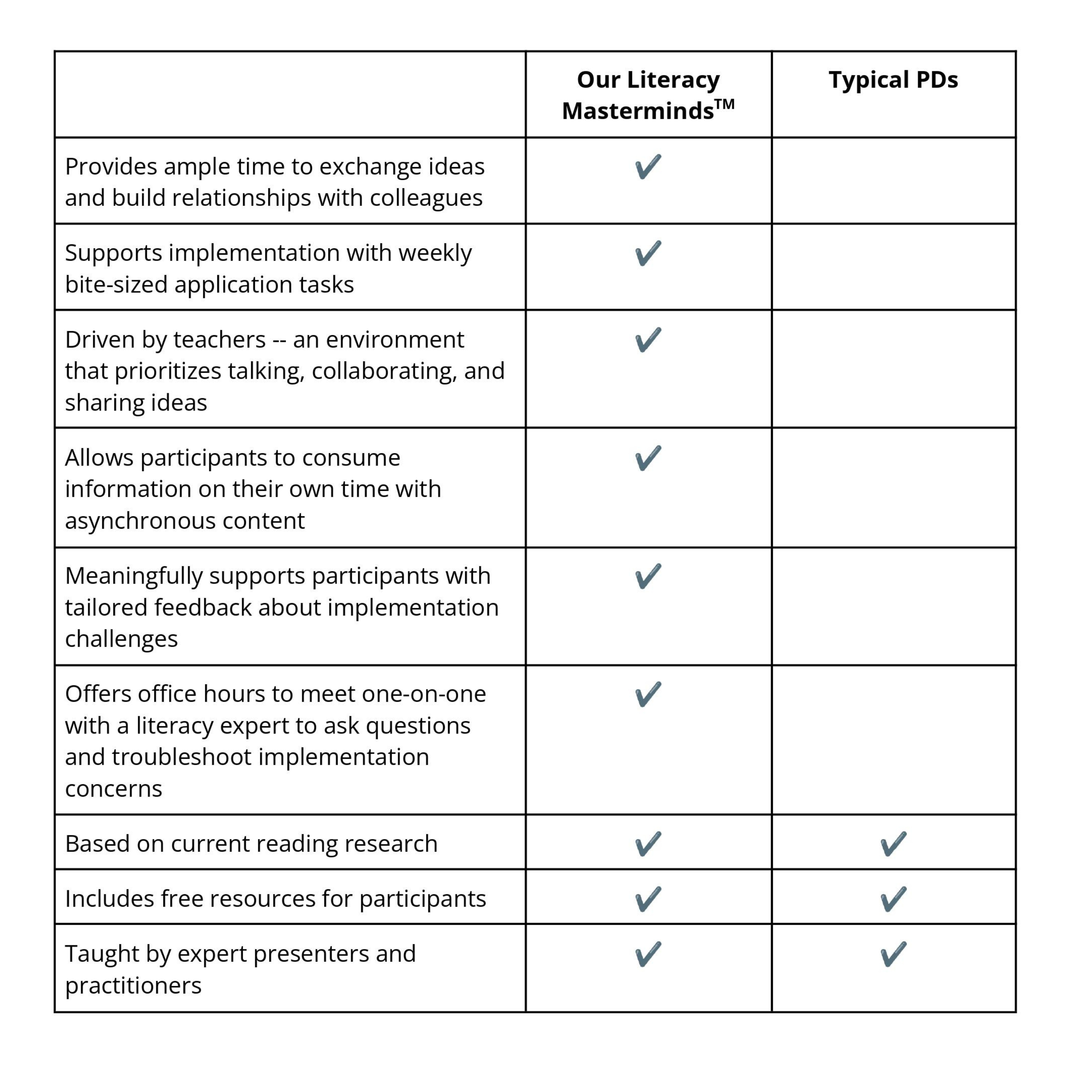
Join our next info session or contact us to find out more.
Five topics, each focusing on a
different high-impact literacy routine:

Develop an understanding of how the brain learns to read and spell. By the end of this series, you will be able to administer and analyze diagnostic assessments to plan lessons that include the components of structured literacy, including connected phonemic awareness and phonics instruction and explicit decoding and encoding routines.
Learn how to target student needs by planning and teaching a structured literacy lesson focused on multisyllabic words. By the end of this series, you’ll learn how to explicitly introduce syllable and morphology concepts and how to design application activities to help students read multisyllabic words in connected text.
Learn about the components of fluency, how to evaluate oral reading fluency, and how to analyze assessment data to understand a student’s accuracy, rate, and prosody. By the end of this series, you’ll be able to use this information to plan fluency instruction in the whole group, small group, and independent settings.

